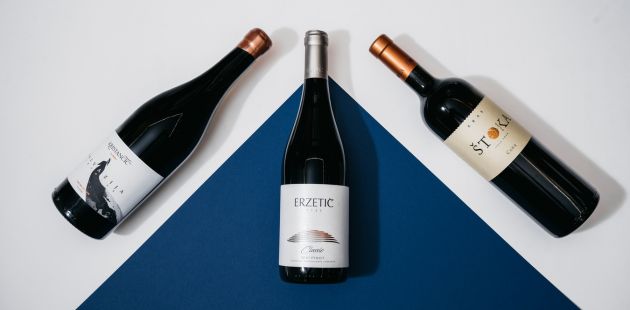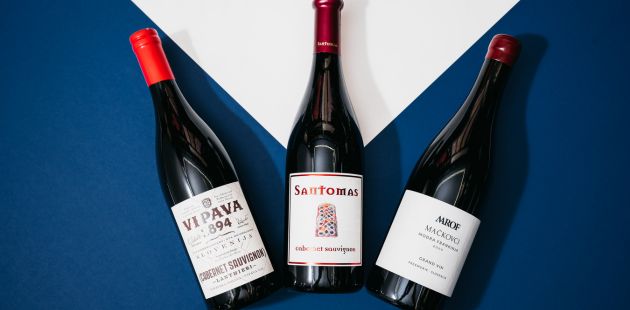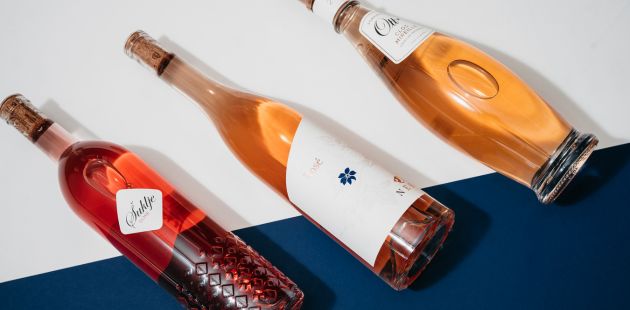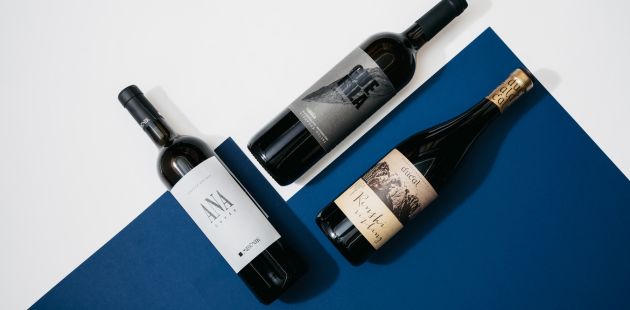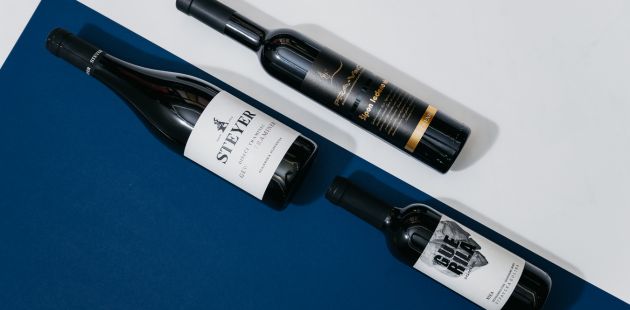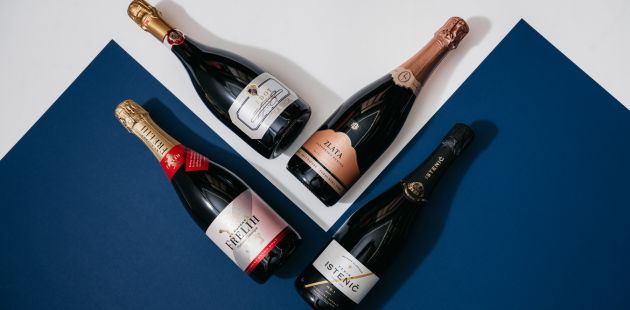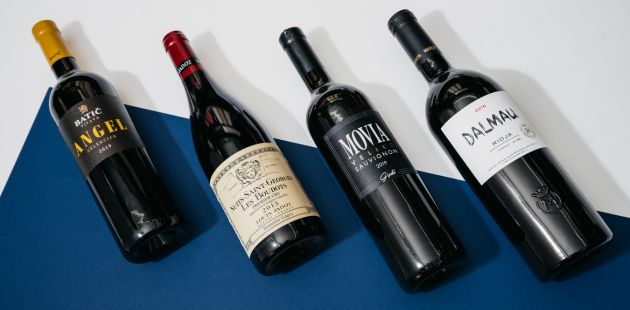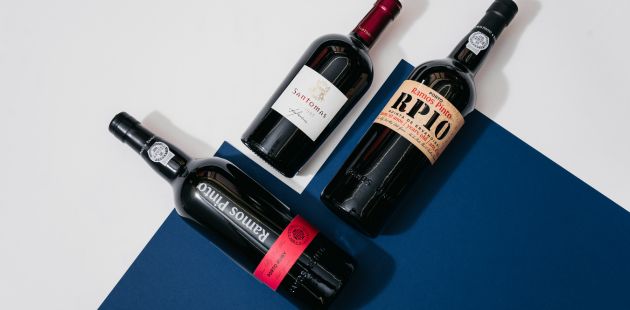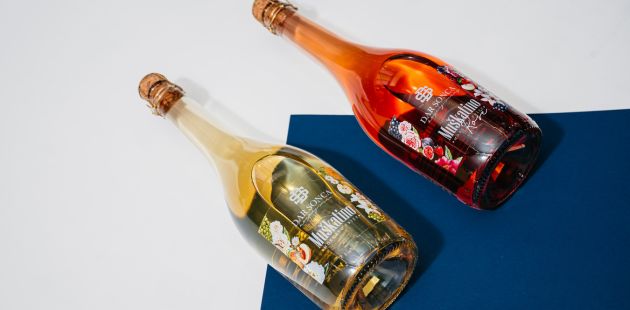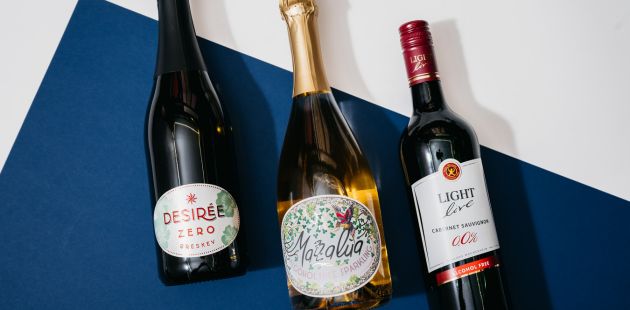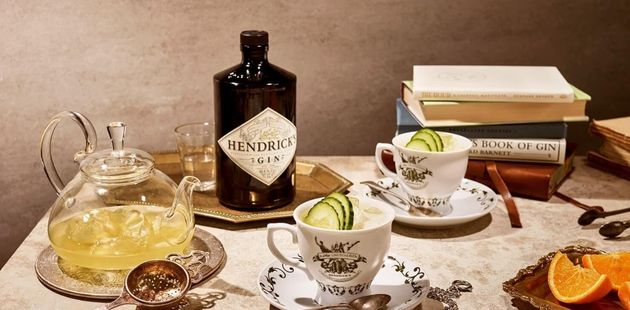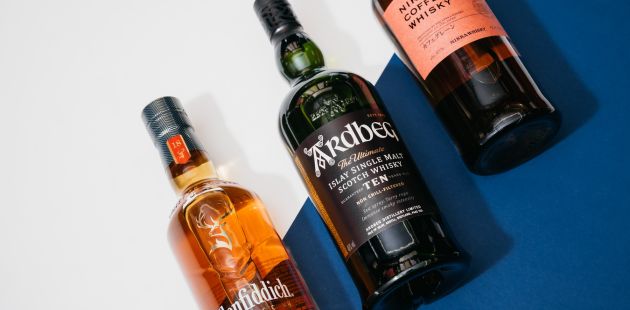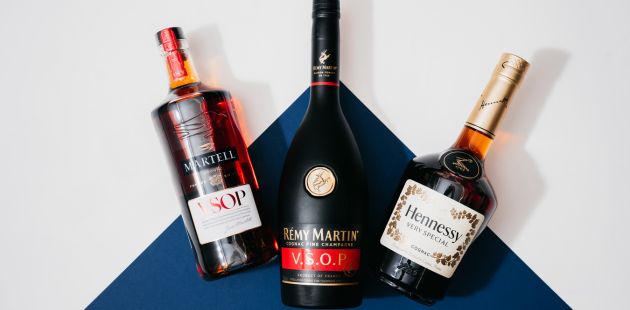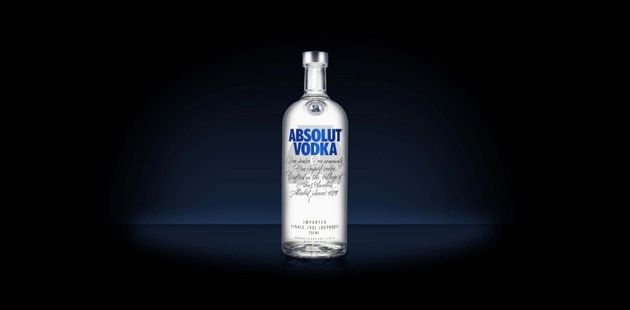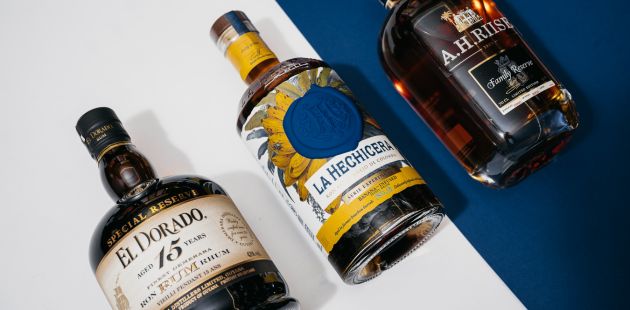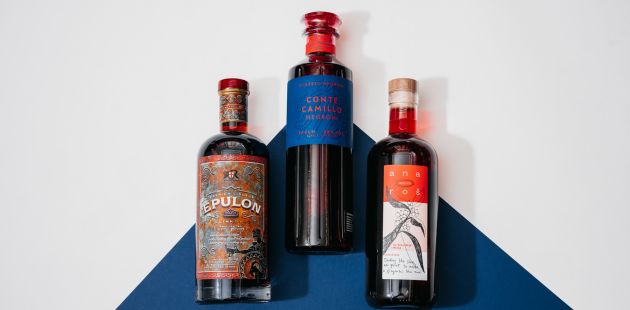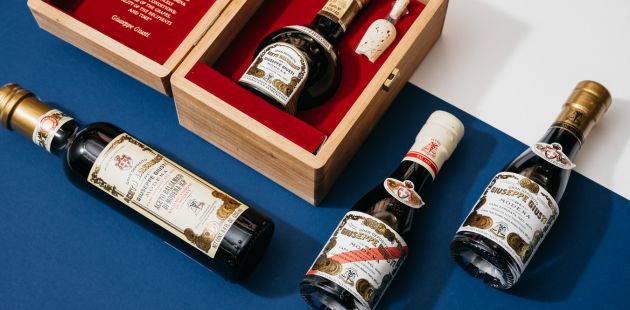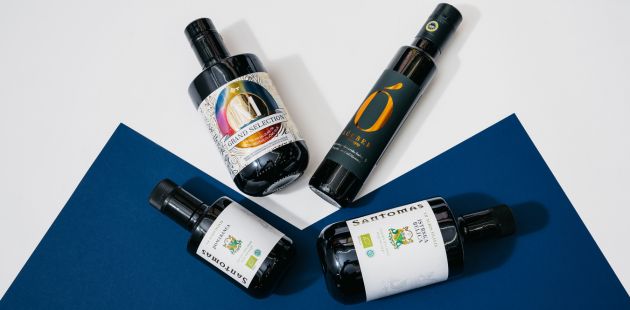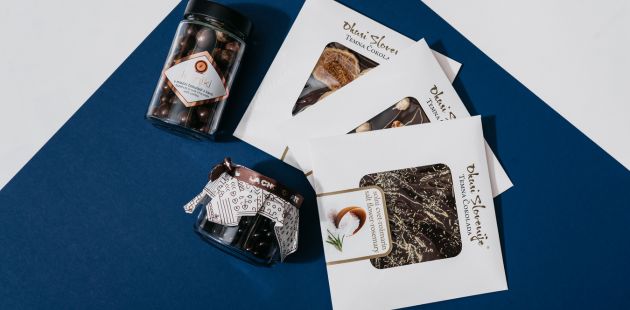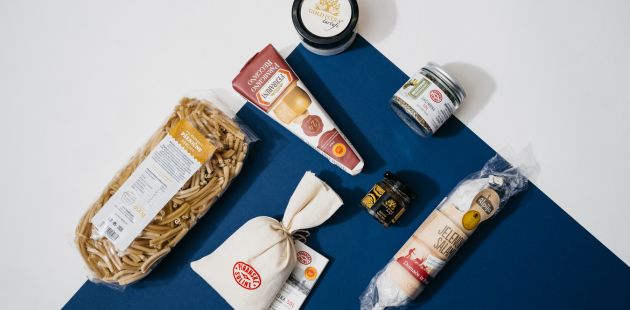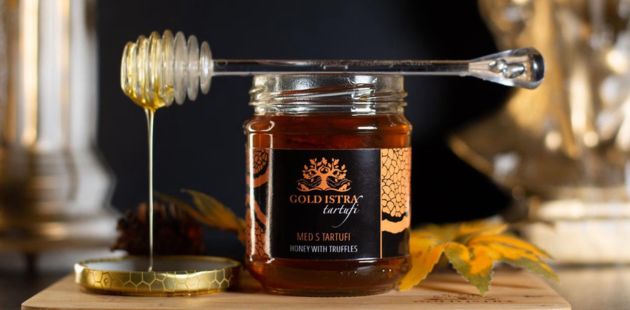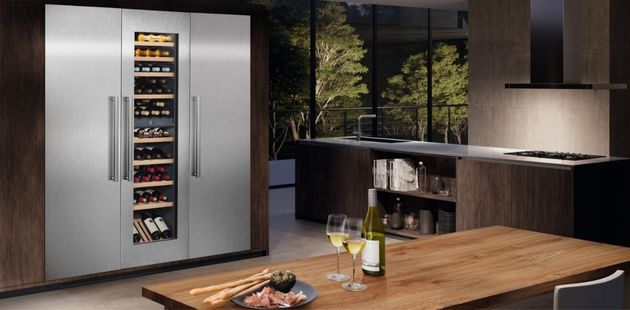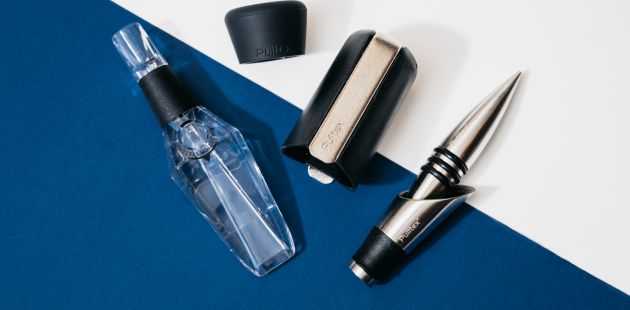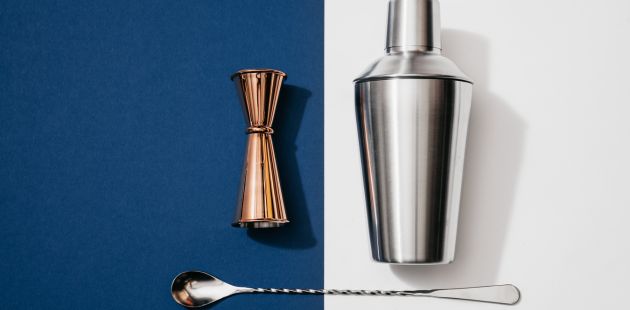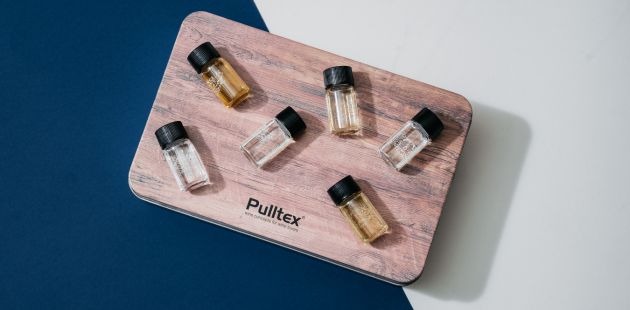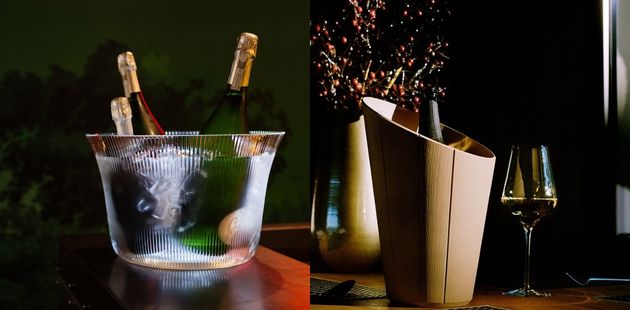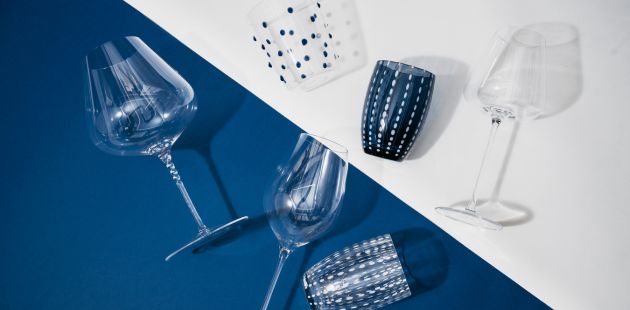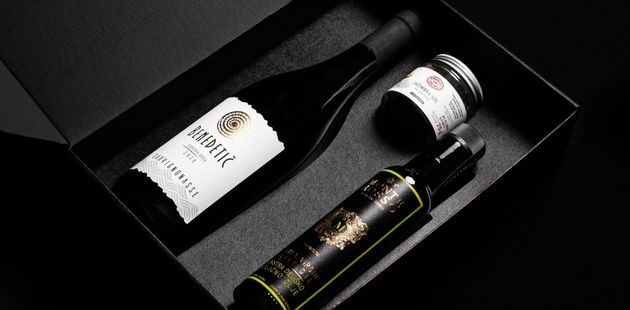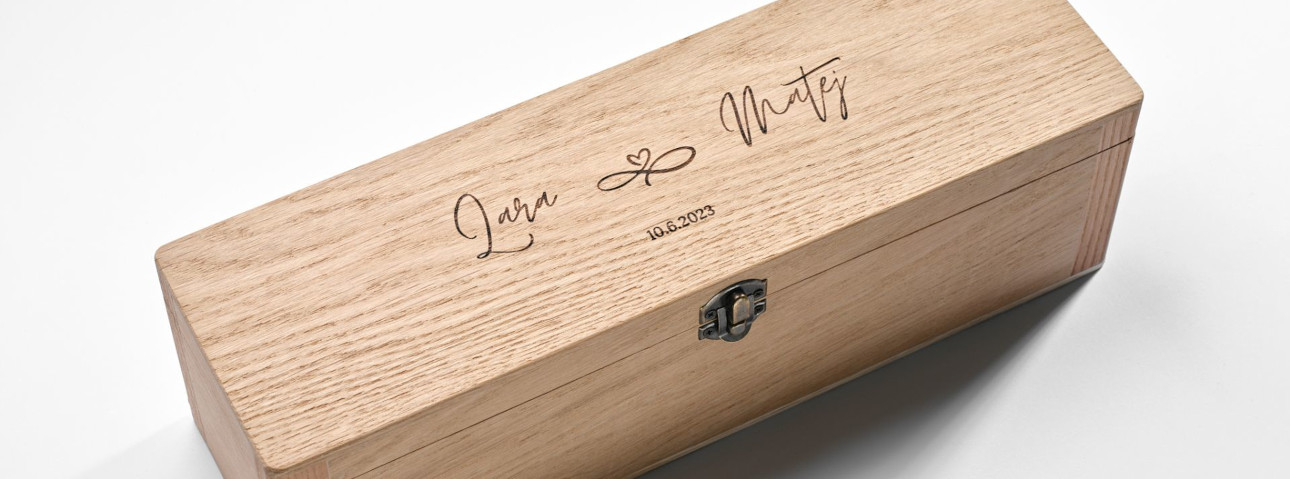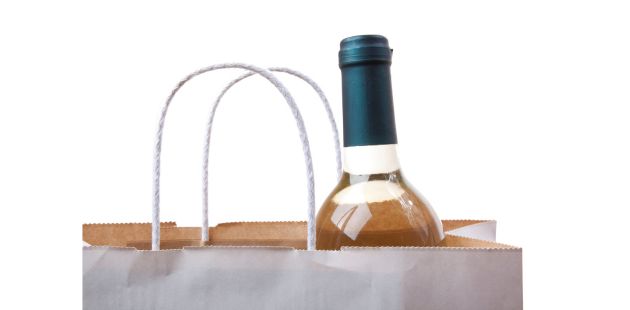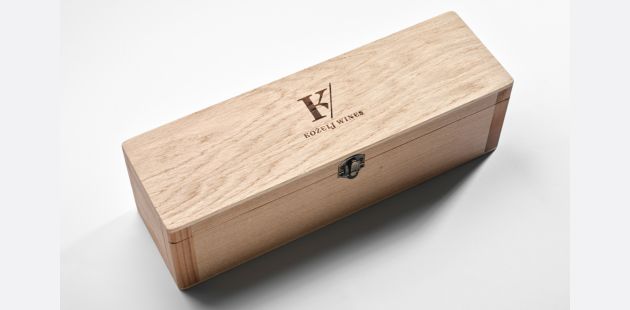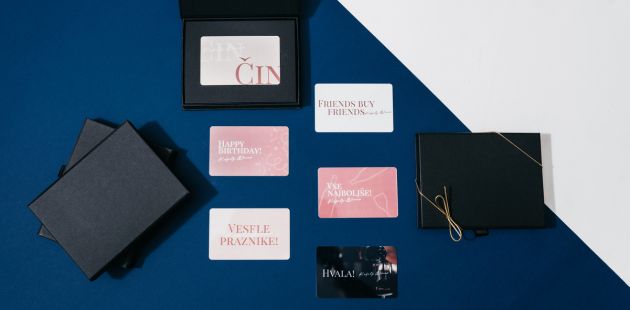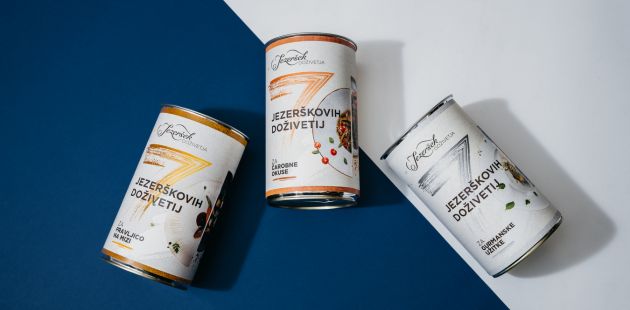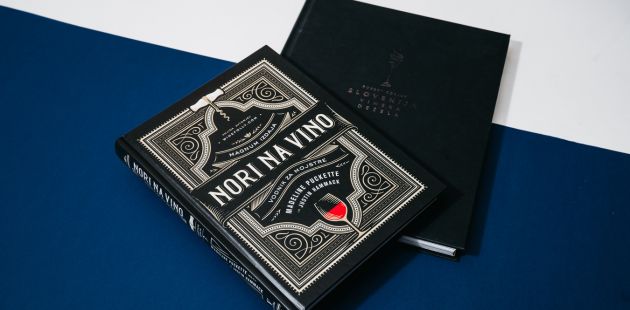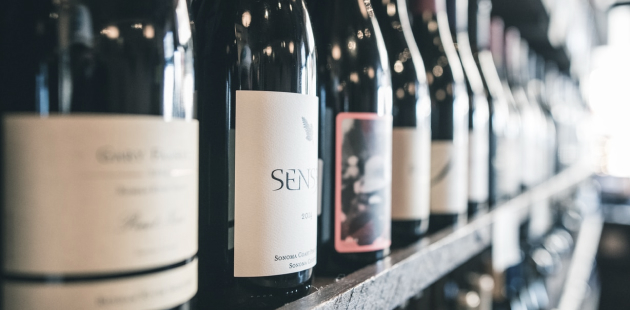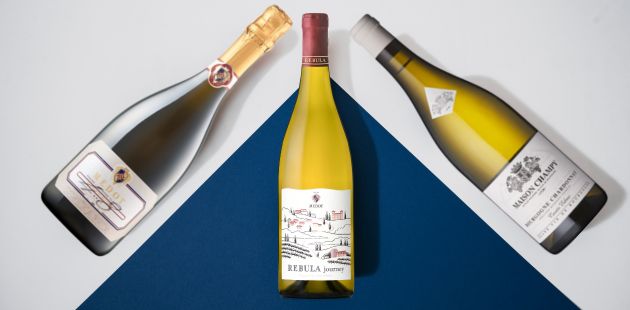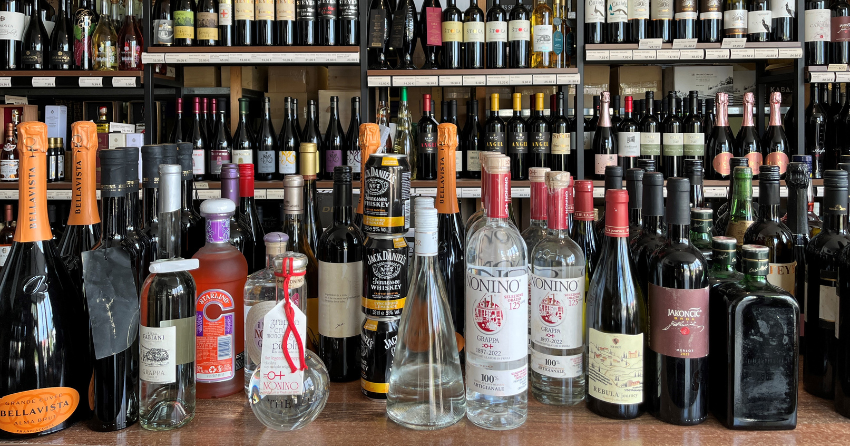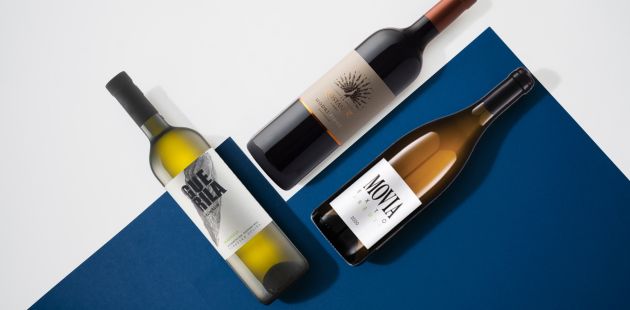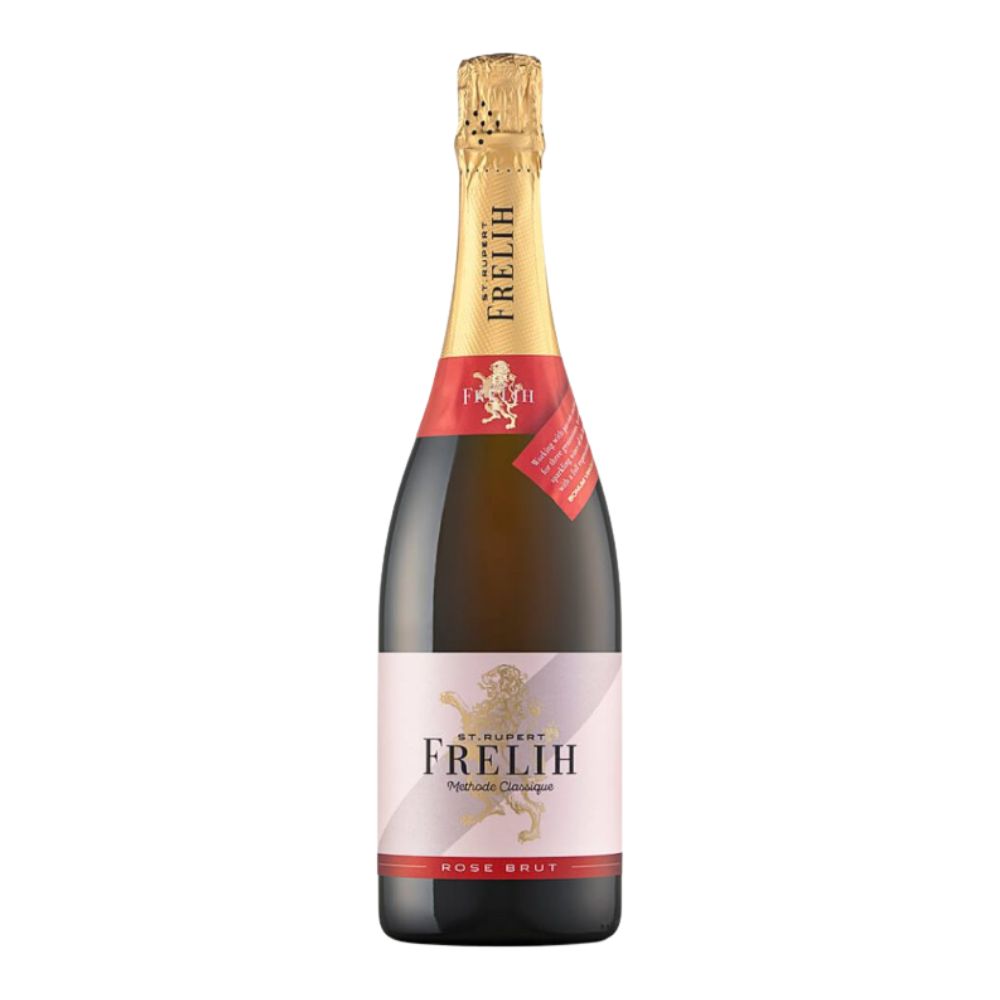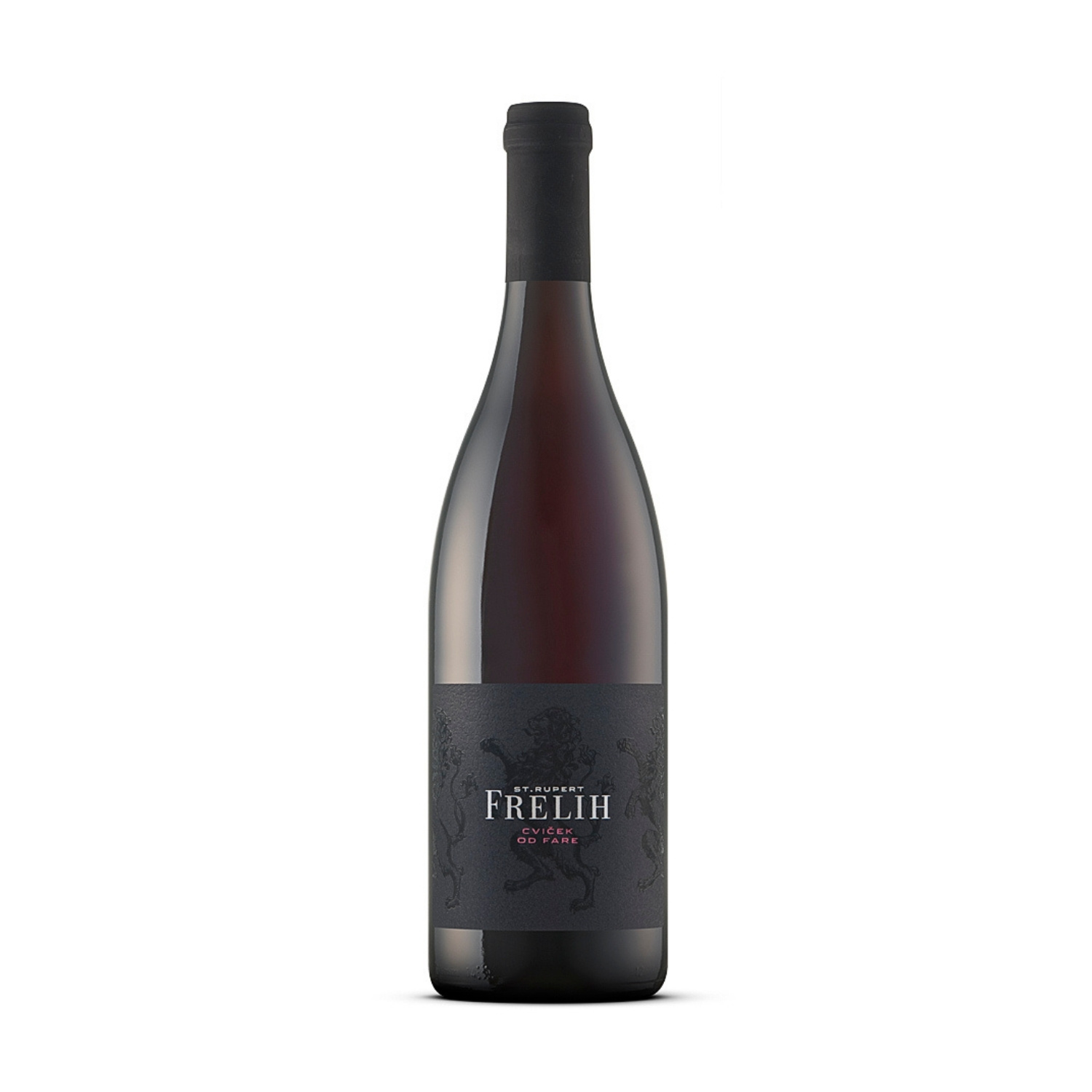The two Veronikas
05. february 2026
Viticulture and winemaking are wonderful activities, intertwined with nature, its cycles and its bounty. But nature can also be capricious, unpredictable and ruthless. Witness to this are mother and daughter, both named Veronika Frelih, who coexist with it in Šentrupert in Lower Carniola. They are encouraged by the long-standing family tradition of the Frelih winery and the desire for progress based on knowledge.
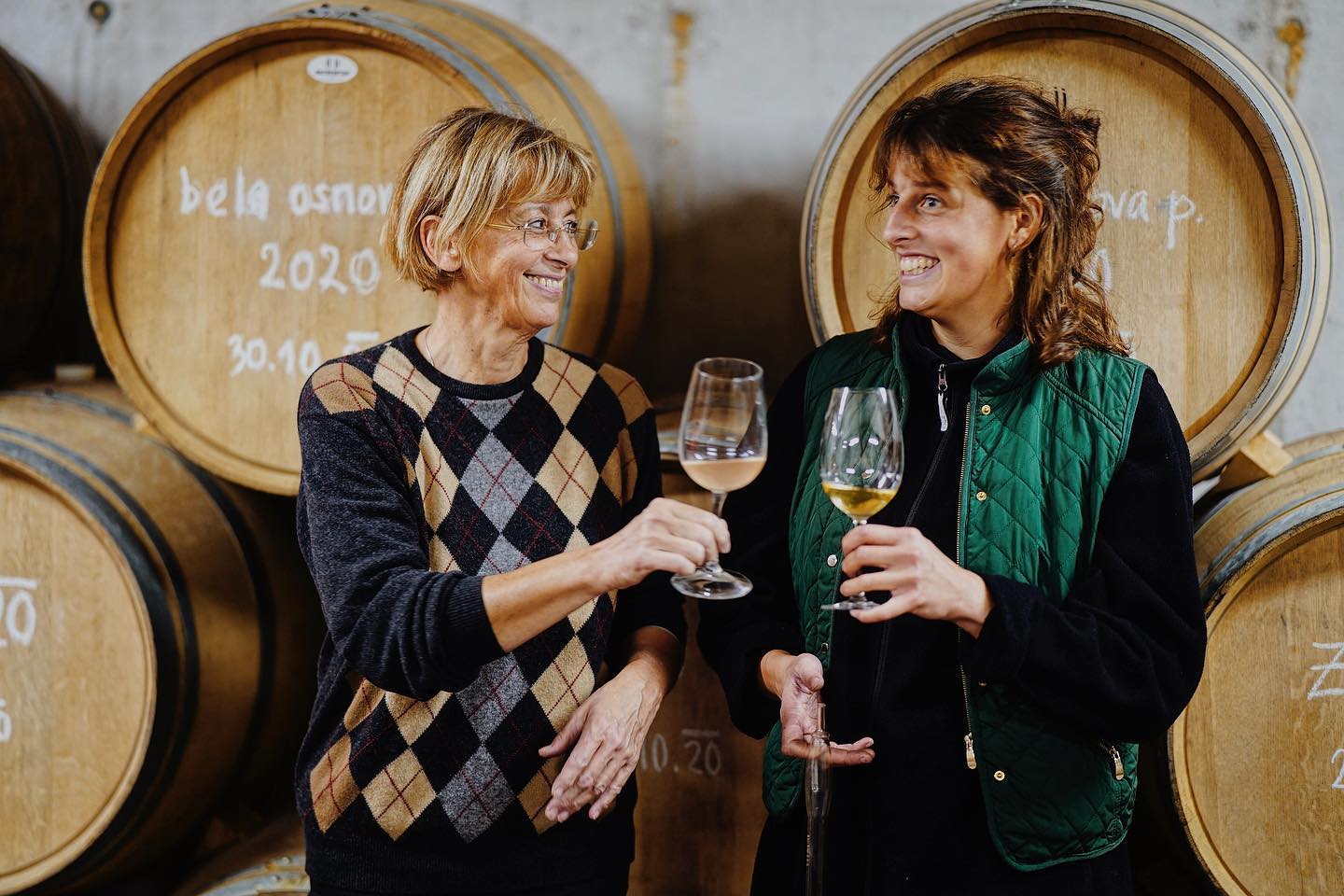
Winemaking has been in your family for an impressive 130 years, and it has its roots in the Vipava region.
Veronika Jr: My great-great-grandfather moved to Lower Carniola in the second half of the 19th century from the village of Lozice below Nanos. Here he bought an abandoned homestead with a vineyard cottage and half a hectare of vineyard, which is still ours today. Slowly the farm grew and developed. The story was continued by my grandfather Josip, whom we called papa Jože. He lost his parents at a very young age and had to tend to the farm alone with his sister. This experience gave him a broad picture and helped shape a clear vision. In the 1970s, he began to work more intensively with wine. He was the first to start bottling cviček in 0.75 litre bottles and the first to start producing sparkling wines in Lower Carniola. He expanded the vineyard and raised the quality and visibility of the Frelih brand. He was never afraid of the challenges that life brought him. He used to tell me that in his time the wine from Lower Carniola was worth twice as much as the one from the Coast, but today this region is being pushed into the background by the others. We hope that this will change in the coming years.
Then the winery was taken over by your father Peter.
Veronika Jr: Papa Jože managed the winery until 2006. My father Peter, who took over after him, had helped him a lot even before that. In 2003, a hailstorm destroyed the entire harvest, so we had to start over. We bought some forest and increased the vineyard to four and a half hectares, which is about 23,000 vines. In the oldest part, which is 32 years old, green silvaner predominates, but we also grow žametna črnina (black velvet), blaufränkisch, pinot noir and some pinot gris. The ratio of newly planted white and red varieties at that time corresponded to the composition of “Cviček od fare”, which was our main product. We are still known for it today. Together with cviček, the production of sparkling wines also grew. My father ran the winery until 2014, when he sadly passed away.
This must have been quite a shock to the whole family.
Veronika, you had been involved in the wine story much earlier, but with the premature loss of your husband, you had to take on a heavy burden. What was the greatest challenge after his death and what are you most proud of today? Which personality trait or value helped you the most to persevere and continue the story of the Frelih wines?
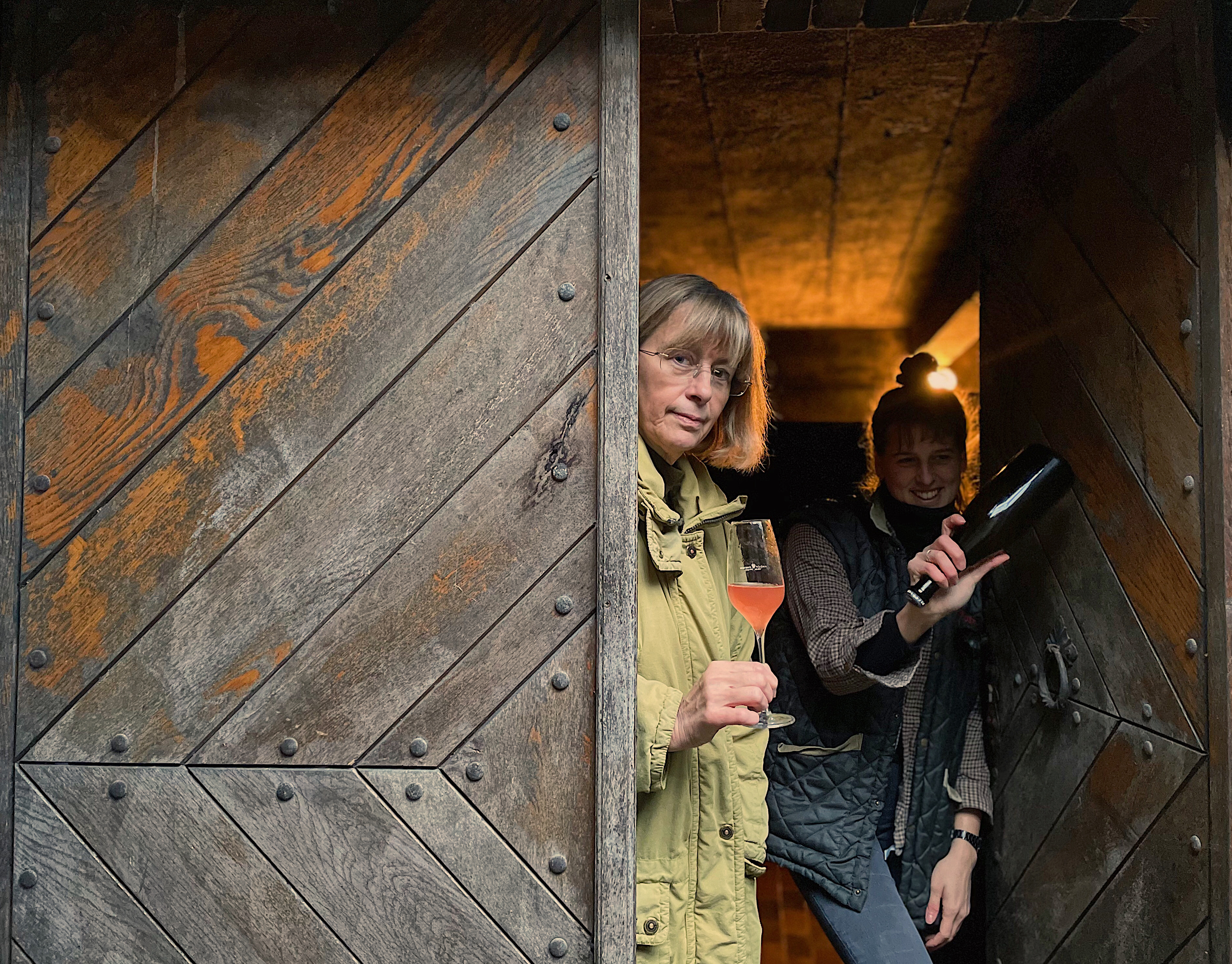
How does a young woman feel when she suddenly becomes aware of such a great responsibility on her shoulders?
Veronika Jr: At first, I had a very romantic view of all this, and I returned from my studies full of ideas and desire for immediate change. Only now am I beginning to realise what this actually entails. Since this is a small family winery, I have to know how to do everything, from working in the vineyard, which I really enjoy, to sales. It’s not easy, because not everyone can do everything, but I take it as a life experience and personal growth. This is no longer a hobby, but making a living, so there’s a lot of learning involved. Since I am the youngest of four children, I was often able to rely on my brothers and sister, but now I make all the important decisions alone or with my mother.
You have four children, but the one who decided to pursue winemaking, is Veronika Jr. Half-jokingly: is there some symbolism and fate in the fact that the two Veronikas are now working together?
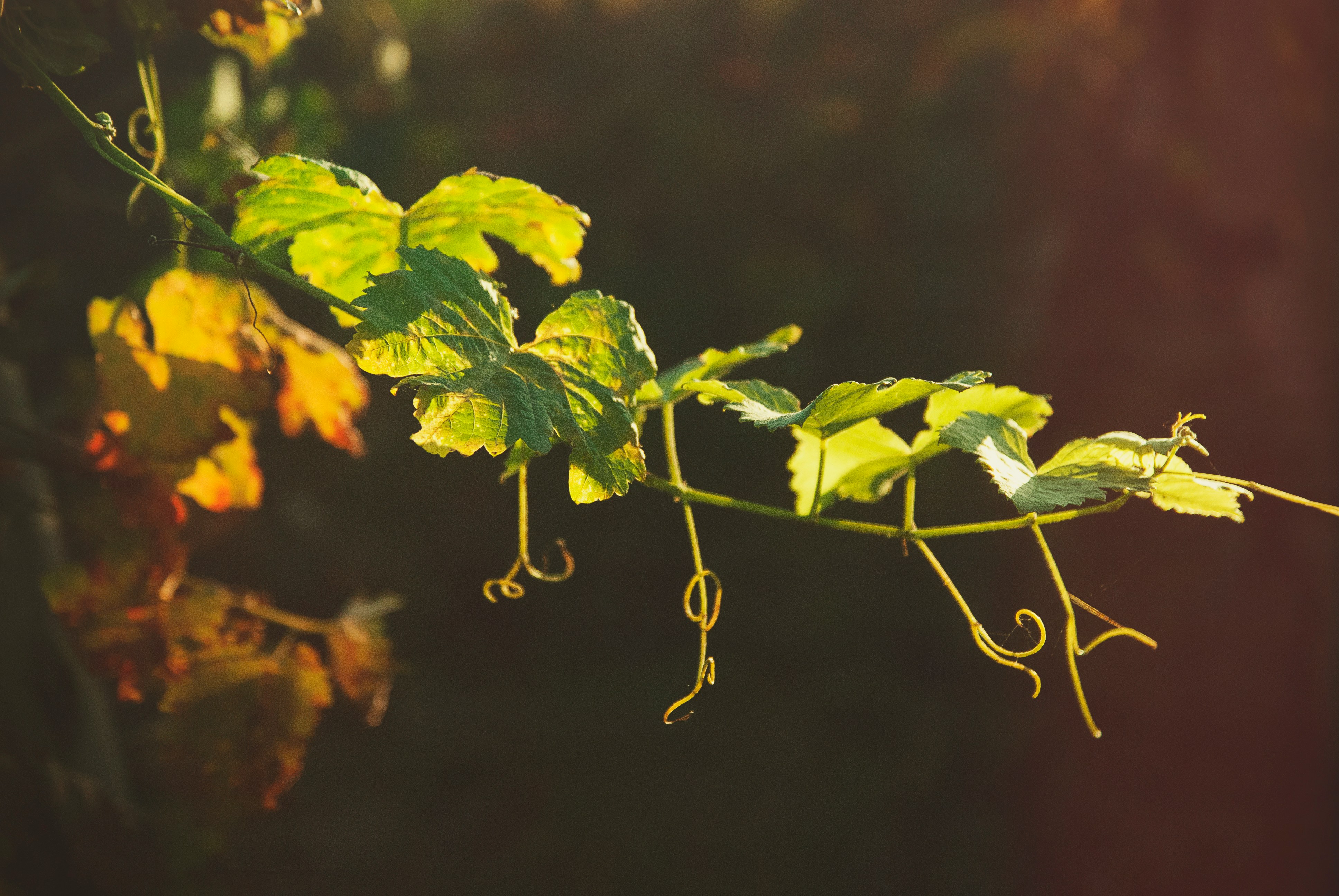
What have you gained from studying abroad, what have you learned?
Veronika Jr: Above all, broader horizons and the awareness that, compared to regions such as France, Italy and Spain, we have very free hands and many more possibilities for development. We can choose the varieties that suit us best and the direction in which we want to create. Wine is not just a chemical equation and a precisely defined acidity. An important factor is also the sensual side, or how you make this wine. For students it is sometimes difficult to imagine how they will use all the acquired knowledge in practice, but my study programme placed a great emphasis on practical work. This is the most valuable thing I have gained from my studies.
How many bottles do you produce per year?
How many of you work on the farm?
How do the Lower Carniola climate and geography affect your crop?
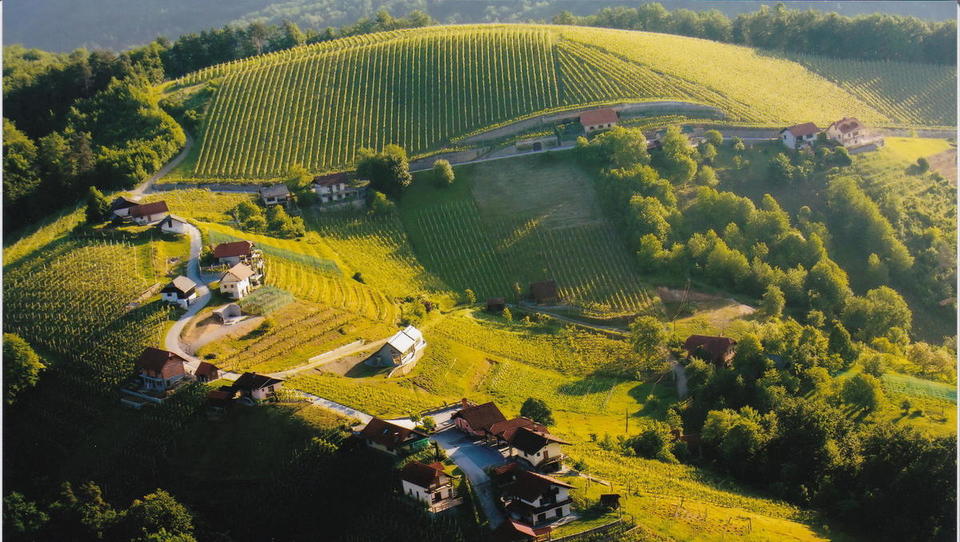
The Frelih winery has put cviček on the world map. Your journey from the time when the late Mr Josip set a “different direction” to today, when Cviček od fare is winning over Decanter’s and other experts, can’t have been an easy one. What makes your cviček so special today and what is the bigger challenge: producing excellent wine or convincing the doubters who still deny cviček a place among premium wines?
Veronika Jr: The winemakers themselves are to blame for the reputation of cviček. In our part of Lower Carniola, the vineyards are small and steep, so it is difficult to produce large quantities of wine. Despite the efforts of the Cviček Consortium, it is still being sold at a very low price. Since this wine does not appeal to younger generations, it is drunk less and less. In my opinion, cviček should progress in quality just like all other wines, and not be left behind because of some kind of “cviček is cviček” mentality. Only then would it gain the reputation it deserves. However, our Cviček od fare surpassed the others in quality already in the time of our papa Jože and was also more expensive. As a small winery, we could not compete with large producers, so we stopped selling it by the litre and started bottling it in 0.75 litre bottles. In 2017, Uroš Bolčina suggested that we submit it for evaluation to Decanter, where it was included among the recommended wines. That’s when people really started talking about it.
Kako pa pravzaprav naredite cviček, ki po kakovosti odstopa od drugih?
But how do you actually make a cviček that stands out from the rest in terms of quality?
What plans do you have for the Frelih winery? Do you want, like your grandfather, to try something new and implement slightly different ideas?
How is the fact that the winery is run by two Veronikas reflected in the Frelih wines?

